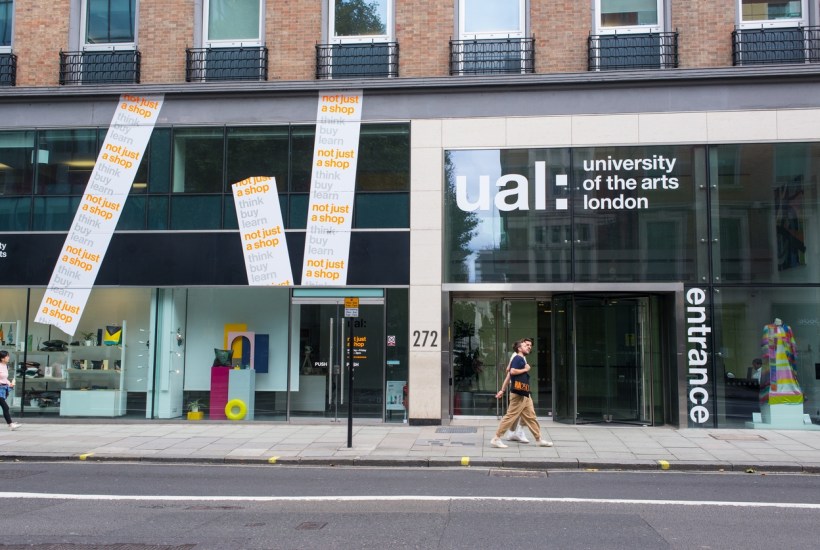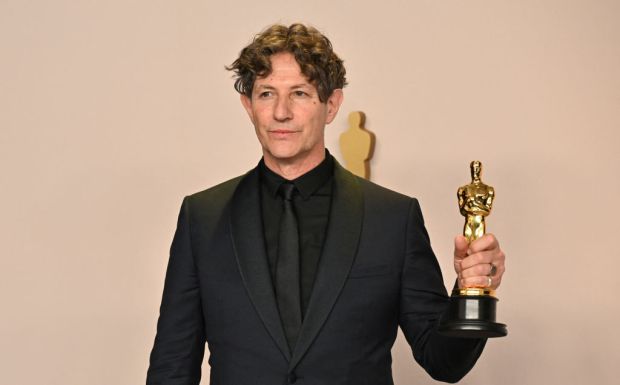Members of the arts establishment have spent the past week outraged, following news that for the upcoming academic year funding for university courses in drama, dance, media studies and so on might have to be temporarily halved in order to better fund courses in medicine, nursing, pharmacology, the environment and the various sciences.
Bearing in mind the state of the world, this shift in priorities might seem an unfortunate necessity. Nevertheless, toys are flying from prams. The arts education bubble is apparently livid that healthcare and the environment should be considered more deserving of funding than they are. Endless arts professional activists – who forever proclaim their undying commitment to the NHS, or the climate emergency we find ourselves in, or self-identify as anarchists who won’t be bound by institutions – are suddenly flabbergasted to find that university money might actually have to go to these subjects instead of their own. After a year or more of being told by the arts community that supporting the NHS and saving the planet must be the top priorities, it’s odd to now read that actually they shouldn’t be and that instead further investment in Media Studies must be our national ambition.
The outrage is built on weak foundations. The universities, along with self-absorbed arts industry acolytes, genuinely believe that only academia can build a generation of ‘world-class’ artists. They remain oblivious to the fact that the current, unprecedented sprawl of university arts degrees has failed to produce the promised renaissance in music, theatre, art or literature. In fact, the cultural relevance and overall artistic accomplishments of these forms has never been lower.
The art market today is little more than a grand pyramid scheme for the super-rich that means little to the man on the street, and reflects nothing of his culture or society. Studies have shown that architecture courses make architects actively incapable of designing buildings accessible to or reflective of the needs of the average person. Great musicians, too, are rarely made by universities – if they were we’d have better music now than ever before in history. Is anyone really willing to make that claim?
Pulp’s Jarvis Cocker, unsurprisingly, bemoans the cuts: ‘I think it will really just put off people from a certain background and that’s a pity because it’s about mixing with people with different ideas, and then you get this cross pollination of stuff that makes things happen.’ He is living in the past. University arts courses do not encourage people to share new ideas; they indulge in no-platforming, cancel culture and political peer pressure. No cross pollination occurs, instead child-activists with preapproved, cut-and-paste identities are taught to see art as a tool for politics, to judge it first and foremost on those terms and to prioritise propaganda and social manipulation over audience or understanding. No wonder universities are worried that people are beginning to see through the arts course sales pitch, where naïve fantasies are exploited to trick teenagers into believing they’ll achieve fame, happiness and financial comfort in exchange for ever-expanding student debt.
What we do need is a diverse minority of accessible, high quality arts courses, at specialist, practical conservatoires, designed to train working professionals. Craftsmen, not pseudo-academics. Quality over quantity.
The current system of university arts education has instead created a cultural vacuum. Cocker says he’s concerned about the working classes having no access to the arts without universities? This is laughable. As if universities or the arts now represent any working-class concerns outside of a few fashionable London boroughs. When was the last time the National produced a play that was pro-Brexit? Or anti-immigration? The political party of the working classes now is overwhelmingly the Conservatives; where are all the working class, Tory artists? Where is their voice? The homogenous monoculture of academia is stultifying the arts; less of it can only be a good thing.
Got something to add? Join the discussion and comment below.
Get 10 issues for just $10
Subscribe to The Spectator Australia today for the next 10 magazine issues, plus full online access, for just $10.




















Comments
Don't miss out
Join the conversation with other Spectator Australia readers. Subscribe to leave a comment.
SUBSCRIBEAlready a subscriber? Log in